For millions of people worldwide, January 1st symbolizes the start of a new year. The most well-known New Year's custom in the United States is the ball dropping in Times Square.
But there's no one way to commemorate the start of a new year. With so many countries, regions, and customs throughout the world, it's no wonder that there are innumerable New Year's traditions – some of which you may have never heard of.
Make a wish, enjoy a happy new year, and follow us around the globe with these traditional New Year's Eve activities!
Ring Bells 108 Times
Japanese folks ring bells 108 times in temples to represent the 108 worldly pursuits that bring human sorrow. The Japanese also eat soba noodles right before midnight on New Year's Eve. The cuisine Toshikoshi soba, literally meaning "year-crossing" buckwheat noodles, is rich with symbolism.
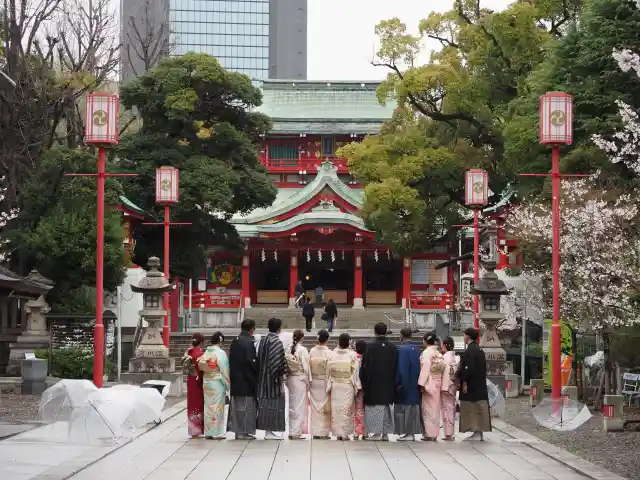
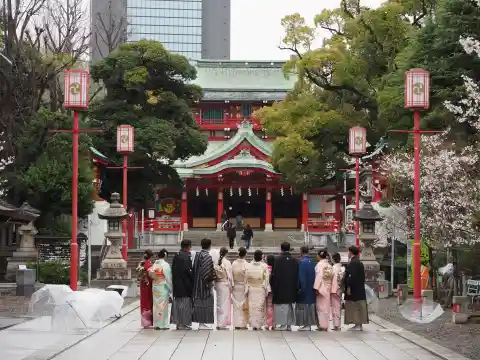
The long noodle represents the transition from one year to the next. Given that it's a simple sliced noodle, it represents a severing of ties before the new beginning that the new year brings—a sort of cutting off.
Eat 12 Grapes
It is traditional in Spain to eat twelve grapes on New Year's Eve, one for each minute of the clock. Each grape symbolizes good fortune for one month of the following year. Larger towns, like as Madrid and Barcelona, have central squares where locals congregate to share grapes and pass around cava bottles.


This tradition of eating twelve grapes on New Year's Eve is believed to have originated in the early 20th century.
Paint the Town Red
The first new moon that appears—typically between January 21 and February 20—is when Chinese people celebrate the Lunar New Year. People clean their homes and adorn them with new red decorations. Entire streets are filled with people watching parades of dancing dragons and lions, which are symbolic of lifetime prosperity.
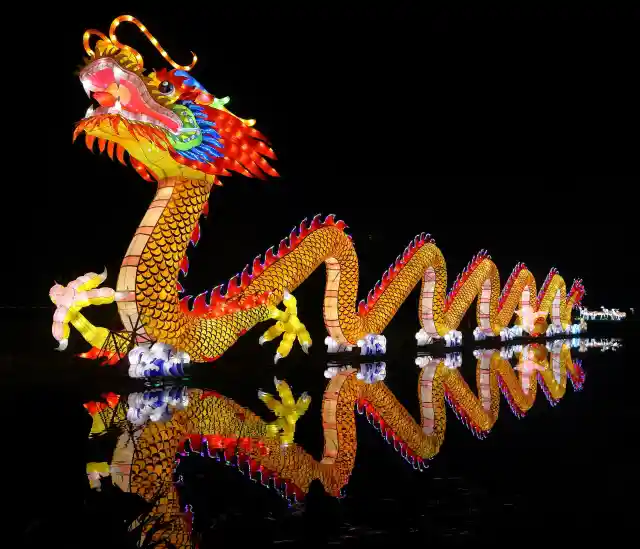
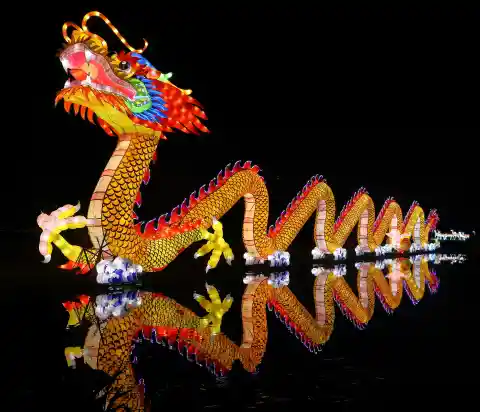
People all throughout the nation light firecrackers to scare away evil spirits by making loud noises. Another well-known tradition of Chinese people during New Year’s Day is to give lucky money to their loved ones. The put money into red envelopes with good luck wishes printed in gold along with their family name on the outside.
Throw Old Stuff Out
In South Africa, old furniture is thrown out as residents bid their previous year farewell. The ritual is intended to represent letting go of the burden and issues from the previous year and welcoming a new beginning.
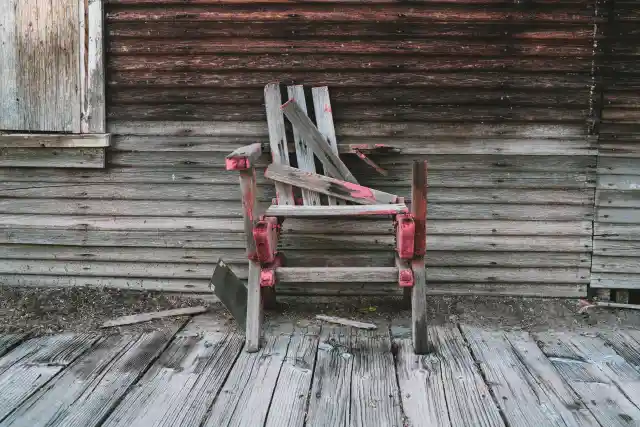

But Italians go a step further: in order to signify the arrival of new things with the New Year, they throw old objects out the window.
Chilly Dip in the Sea
Taking a cold plunge in the water on New Year's Eve is maybe the most notorious custom in the Netherlands! The Polar Bear Plunge, also known as Nieuwjaarsduik, is a practice that is said to symbolize new beginnings to the year.


If you want to start the New Year with a bang, the most well-known New Year's dip takes place at Scheveningen.
Throwing Old Utensils
Danish people toss old dishes and glasses at friends' and family's doors to ward off evil spirits as they ring in the new year. In the spirit of good fortune, they also stand on chairs and leap off of them simultaneously at midnight to "leap" into January.


These customs not only add excitement to New Year's celebrations but also carry deep cultural significance.
Hanging Onions
In Greece, it's customary to hang an onion from your front door on New Year's Eve as a representation of renewal and fresh starts. Parents then use the onion to tap their children on the head to wake them up in commemoration of New Year's Day.
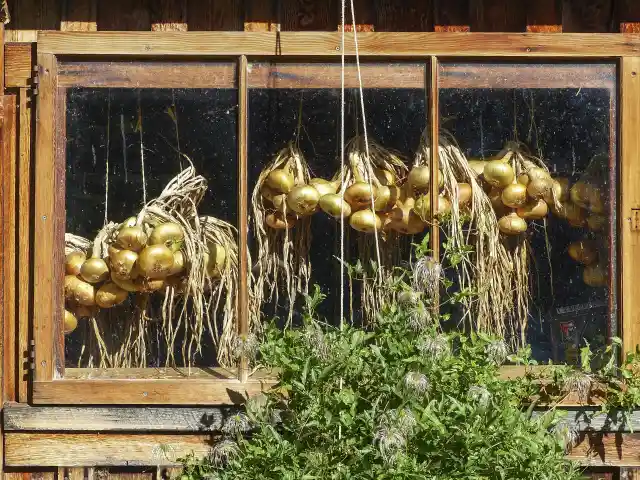
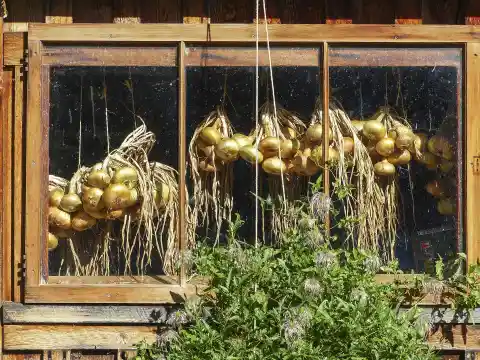
Another Greek custom might quite literally break your teeth. Because January 1st is also Saint Basil's Day in Greece, many Greeks mark the day with extra-special traditions. One unique ingredient is used to prepare St. Basil's Cake: a gold or silver coin. If you get a slice of cake with this coin in it, you will enjoy a whole lucky year.
Potato Under the Bed
Colombians put three potatoes beneath their mattresses on New Year's Eve: one peeled, one unpeeled, and one half-peeled. They remove the first potato they come in contact with at midnight.


Peeled denotes financial difficulties, unpeeled abundance, and half-peeled, well, in the midway.
Traveling with Empty Suitcases
With the expectation of a travel-filled new year, some Colombians stroll around the block with empty luggage.


On the other hand, residents of Cali and the Valle del Cauca area have a unique custom of traveling early on New Year's Eve to the Pance River to take a dip in order to purge oneself of any excess negativity.
Throwing Dirty Water
In Cuba, it is customary to collect and ceremoniously cast out all of the evil spirits and negative energy from the previous year through the front door.


When the clock strikes twelve, it's not unusual to witness buckets full of dirty water shooting out of houses. Be cautious if you find yourself going through a Cuban neighborhood on New Year's Eve.
Making Noise
Hitting pots and pans with a hammer seems like a wild celebration, and it is! This traditional New Year's activity is popular in regions of England and Ireland.


Banging pots and pans at midnight is not only comical and entertaining, but it's also believed to drive evil spirits away and prevent them from ushering in the New Year with you.